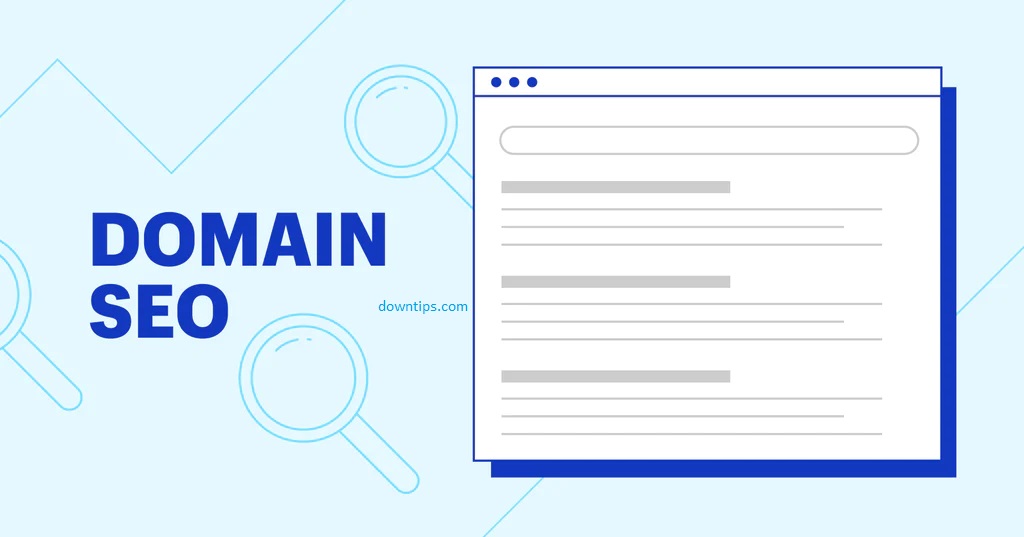An SEO-friendly URL structure is essential for both search engines and users. A well-optimized URL can contribute to better search engine rankings, user experience, and the overall organization of your website, such as HTTP, HTTPS, FTP, etc., is also specified and referred to via the URL.
Why Optimize URLs?

Optimizing URLs is crucial because they facilitate access to the targeted website. By giving search engine spiders details regarding the content and function of a webpage, they can support you in optimizing your internet site and overall SEO success. URLs help crawlers to rank websites properly.
URL restrictions
URLs must have less than 2,083 characters to display appropriately across all browsers.
Here are some best practices for creating an SEO-friendly URL structure:
Use Descriptive and Readable URLs:
- Create URLs that are descriptive and easily readable. Users and search engines should be able to understand the content of the page just by looking at the URL. Avoid using long strings of numbers or symbols. For Example Bad: downtips.com/page?id=123 Good: downtips.com/descriptive-page-title
Include Relevant Keywords:
- Incorporate relevant keywords into your URLs. This helps search engines understand the topic of the page and can contribute to better rankings. Keep it natural and avoid keyword stuffing. For Example: Bad: downtips.com/p123 Good: downtips.com/keyword-rich-page-title
Keep it Short and Simple:
- Shorter URLs are generally easier to remember and share. Aim for concise URLs that accurately represent the content of the page. For Example: Bad: downtips.com/category/subcategory/page-title-with-too-many-words Good: downtips.com/category/page-title
Use Hyphens to Separate Words:
- Use hyphens (-) to separate words in your URLs. Avoid underscores (_) or spaces, as hyphens are more search engine-friendly and easier to read. For Example: Bad: downtips.com/this_is_an_example Good: downtips.com/this-is-an-example
Avoid Dynamic Parameters:
- Minimize the use of dynamic parameters in your URLs (e.g., “?id=123”). Instead, use static, keyword-rich URLs for better search engine visibility. For Example: Bad: downtips.com/page?id=123 Good: downtips.com/descriptive-page-title
Include Category Names:
- If applicable, include category names in your URLs to provide additional context. This is particularly relevant for e-commerce websites with product categories. For Example: Bad: downtips.com/product123 Good: downtips.com/category/product-name
Maintain Consistency:
- Be consistent with your URL structure across your website. Consistency makes it easier for users and search engines to navigate and understand the organization of your content. For Example: Consistent: downtips.com/category/page-title Inconsistent: downtips.com/category/page_title or yourwebsite.com/page-title-category




